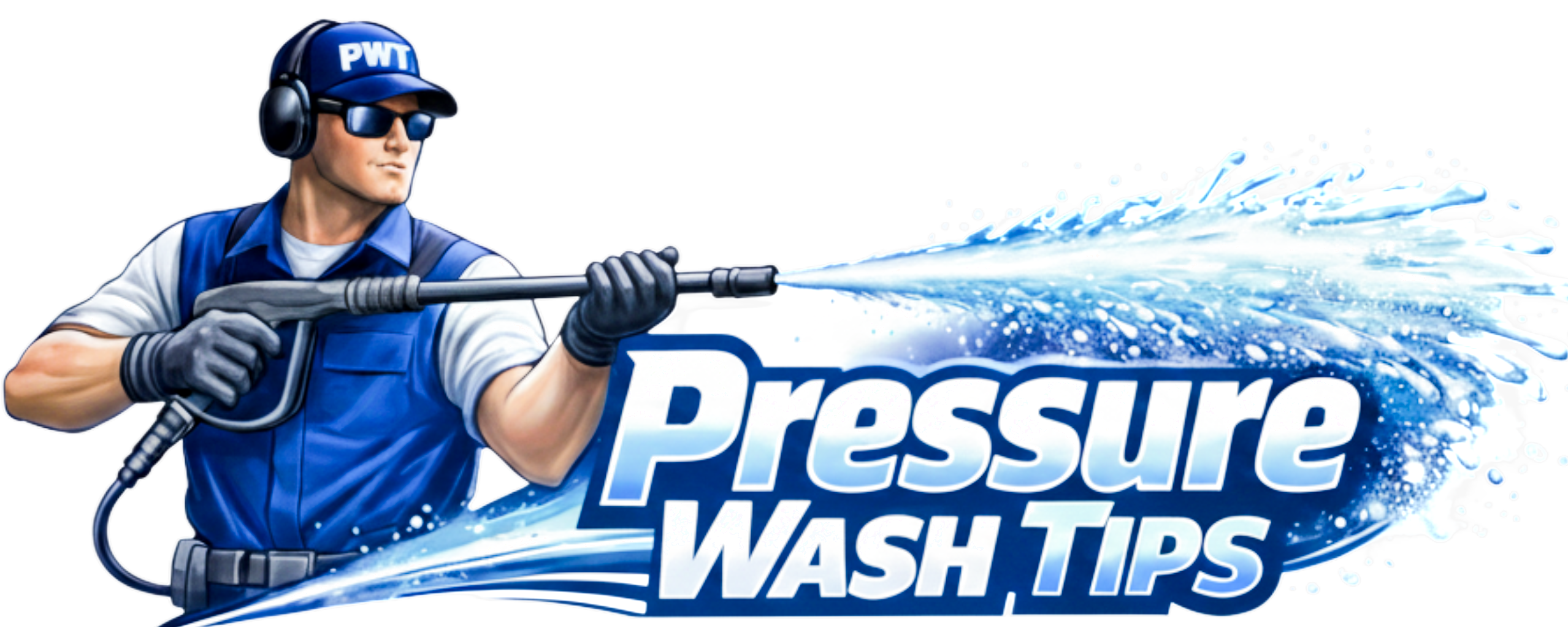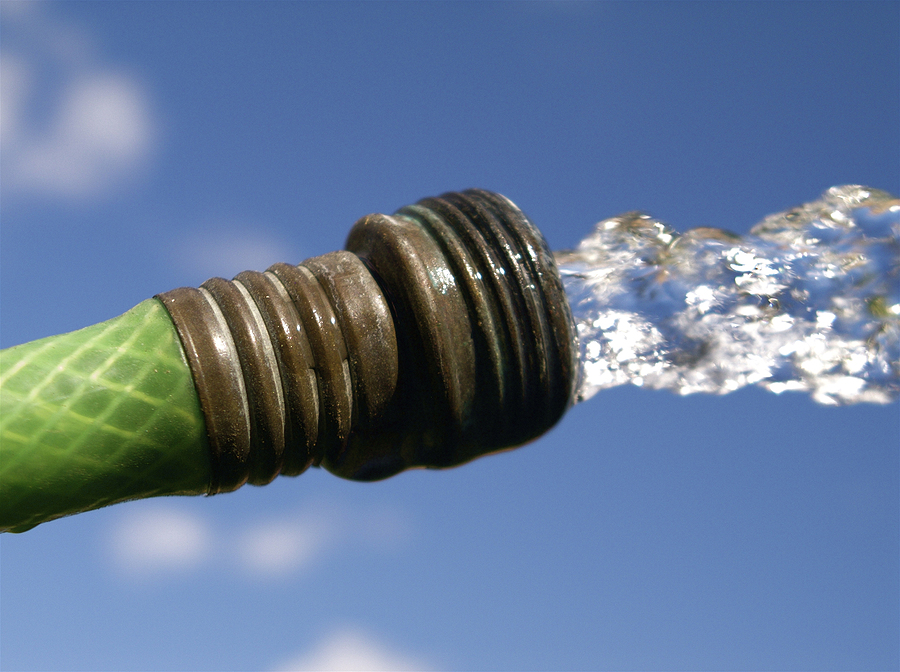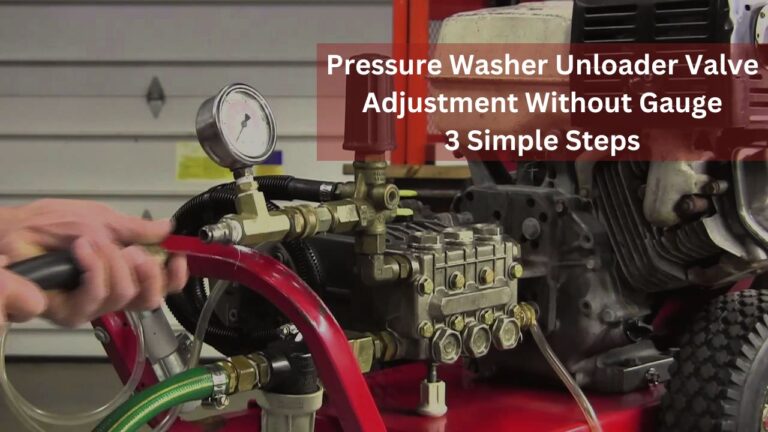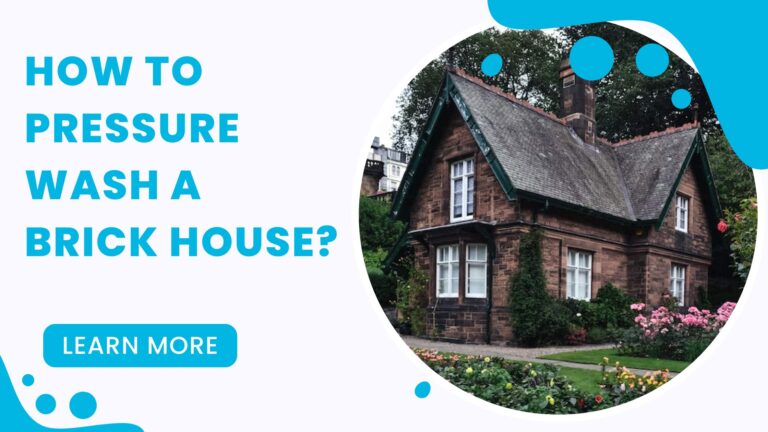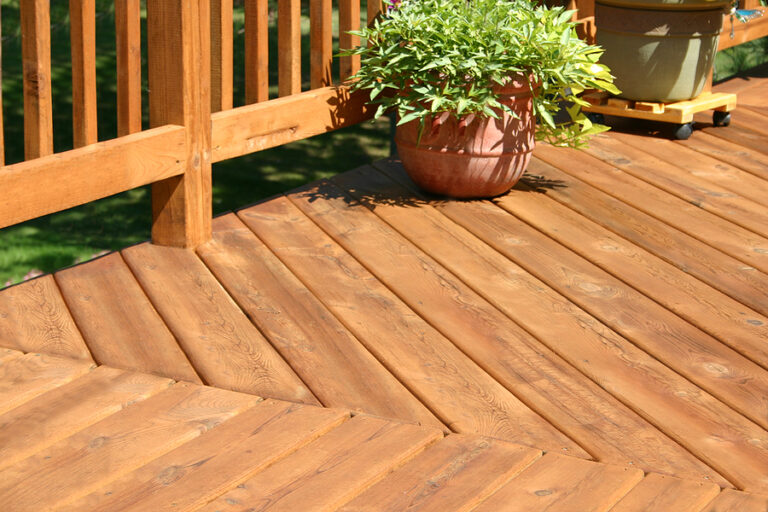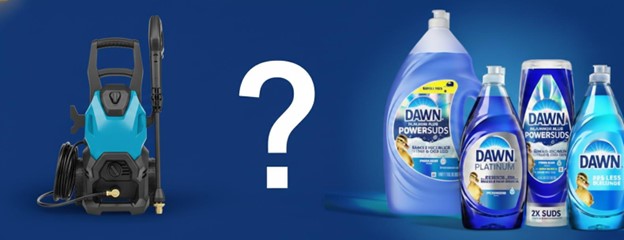Pressure Washing Versus Power Washing: Which One Packs a Punch?
When comparing pressure washers versus power washers, you should consider a few significant differences. You might wonder, what is Pressure Washing Versus Power Washing? First, both types can produce water at high pressures, but depending on the type or model machine used will vary in terms of what they offer. For instance, a regular pressure washer you use around the house will not have much force compared to an industrial-strength power washer.
Another key difference is that power washers include a heating element, whereas pressure washers do not. This means that while pressure washers rely solely on the pressure generated by the machine itself, power washers also use heat to increase their overall effectiveness.
While this might seem like a minor detail, it significantly impacts how each of these machines can be used in practice. For example, high pressure and intense heat may be needed for heavy-duty cleaning tasks like removing concrete or grime buildup from surfaces like metal or brick.
Overall, when comparing pressure versus power washing machines, there are a few factors that you need to consider so you can determine which type of machine will work best in any given situation.
What Is The Definition Of Power Washing?
A power washer uses hot water along with its high-pressure jet. The mix of high pressure and hot water aids in the removal of anything that is stuck onto the surface.
It works wonders on patios, decks, driveways, and other outside places to remove salt, mildew, and mold. Due to the increased heat, chewing gum is easily removed from pavements. Grease stains on driveways or garage floors are always tough to remove but can often be removed with a power washer.
You may be surprised to learn that it can be used for killing weeds and moss because it uses hot water, which will kill them while preventing them from returning.
If you have filthy surfaces or a considerable amount of dirt or debris, then power washing would be the ideal option. This is because power washing is more intense, and the hot water does wonders in getting things cleaner.
What Is The Definition Of Pressure Washing?
You’ve probably used a pressure washer before. It uses the same high-pressure water jet as power washing, only without the hot water. The water blasts away dirt, but it won’t do much good against mold or weeds and does not handle difficult stains well. Although it may not be able to remove oil stains from concrete, it will still work to get most of the other grime and debris from the surface.
Which Should You Choose?
For ordinary household use, pressure washing is the way to go. Because it is gentler on surfaces, it is ideal for masonry, brick, and concrete. This is the equipment to use when cleaning your deck or patio quickly.
Power washing is the way to go if you want to clean a long driveway or a large patio with stains or a lot of built-up dirt, mildew, or moss. Hot water makes the job much easier since it helps loosen dirt.
For this very same reason, you must be cautious about the surfaces you use it on. When power washing, stick to concrete and other hard surfaces because the hot water could harm softer surfaces.
Power Washing vs Pressure Washing FAQ
What is the Difference between power washing vs pressure washing?
Power washing and pressure washing are often used interchangeably to refer to the same process. Both involve the use of high-pressure water to clean surfaces. However, the key difference lies in the temperature of the water used. Power washing uses heated water, while pressure washing uses regular-temperature water.
Can I use a power washer or a pressure washer?
Yes, you can use either a power washer or a pressure washer for most cleaning tasks. The choice between the two depends on your specific needs and preferences. A power washer with heated water might be more effective if you need to remove tough stains, grease, or grime. However, for regular cleaning, a pressure washer should suffice.
What are the key differences between pressure and power washing?
The key differences between power washing and pressure washing are:
- Power washing uses heated water, while pressure washing uses regular-temperature water.
- Power washing is ideal for removing tough stains, grease, and grime.
- Pressure washing is suitable for regular cleaning and maintenance tasks.
Can both power washing and pressure washing be used for cleaning siding?
Yes, both power washing and pressure washing can be used to clean siding. The choice between the two methods depends on the condition of the siding and the level of dirt and grime present. Power washing with heated water might provide better results if the siding is heavily soiled. Pressure washing can work well for regular maintenance and cleaning.
What types of surfaces can be cleaned using a pressure or power washer?
A pressure washer or a power washer can clean a wide range of surfaces, including:
- Decks
- Siding
- Patios
- Driveways
- Fences
- Outdoor furniture
- Brick walls
- Concrete surfaces
How much pressure is required for power washing and pressure washing?
The required pressure for power washing and pressure washing can vary depending on the surface and the level of dirt or grime. Generally, power washers can generate higher pressure, ranging from 1,200 to 4,000 pounds per square inch.
Soft Wash Type Of Cleaning
“Soft wash” is a low-pressure cleaning method used to clean the exterior of a house or building. It involves a specialized cleaning solution applied to the surface using a garden hose or less pressurized water sprayer. The solution is then allowed to sit on the surface for some time, typically between 5 and 15 minutes, to break down and loosen dirt, grime, and other contaminants.
After the solution has worked, the surface is rinsed clean using a low-pressure water spray. The low pressure helps prevent surface damage, such as chipping or cracking paint, siding, or stucco. Soft washing is particularly effective for cleaning delicate surfaces or areas that require a gentle touch, such as roofs, vinyl siding, and painted surfaces.
Soft washing is a safe and effective way to keep your home looking great by cleaning the exterior or an outbuilding, as it uses less force than highly pressurized deep clean power washing methods. It is also environmentally friendly, as the cleaning solution is biodegradable and does not harm plants or animals.
e or building, as it uses less pressure than traditional power washing methods. It is also environmentally friendly, as the cleaning solution is biodegradable and does not harm plants or animals.
